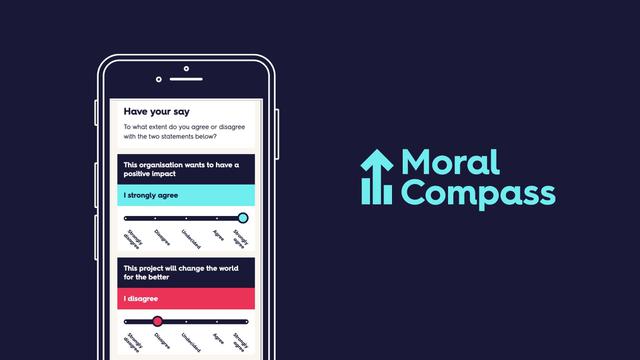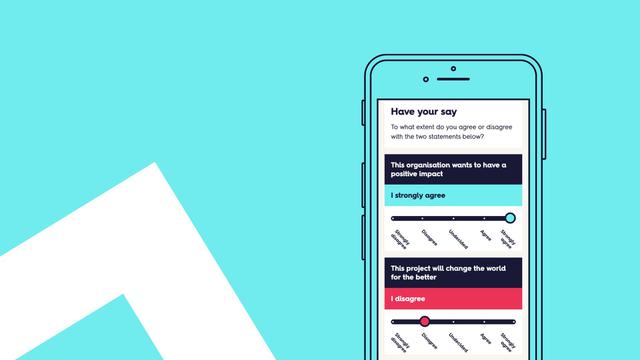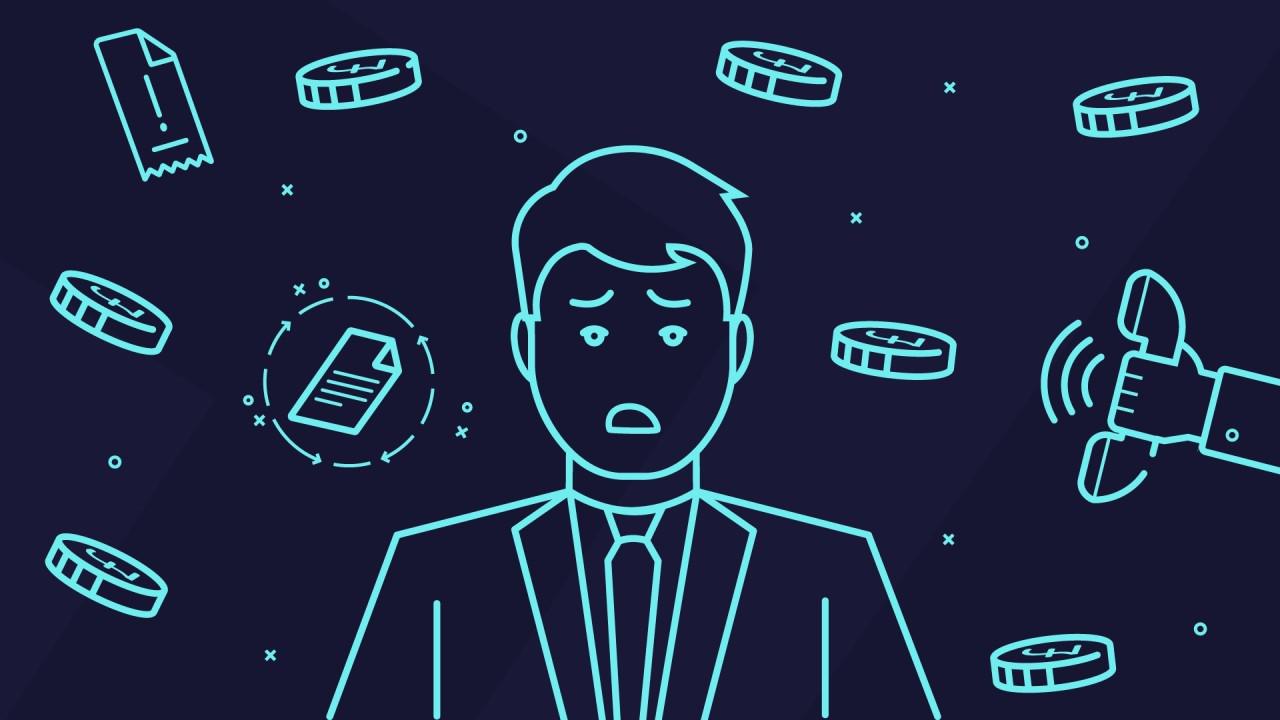When I was 10 I asked my Mum why business people looked dead behind the eyes.
Fast forward 20 years and I was the one with dead eyes. That glazed, vacant look people get when they've been drained of humanity.

At that point I was seven years into running Nice and Serious with my business partner Ben. We had started our creative agency because we wanted to make creative work the world needs, not to run a business. But running a business we were, and it was exhausting.
When you stack the stress of having to pay salaries with rent, office fruit bowls and obligatory Headspace subscriptions, is it any wonder that the decisions business leaders make put profit above anything else? If you disagree, you probably haven't run a business.
To cope with this stress we erect professional edifices to cope; the boardroom, jargon, professional dress, job titles and intimidating marble foyers. All of which merely distance ourselves from the truth that most businesses are just four walls with a bunch of squishy, unpredictable, emotional humans hemmed in.
The whole charade drains the humanity out of us. So we become detached and liable to make decisions that disregard long-term consequences, in favour of short-term reward or stress relief.

It pains me to say it, but that had become us. We had started to take on vacuous briefs to feed the beast, not to further our purpose. And our team had called us out. After the indignation had subsided - did they know how much pressure we were under to pay their salaries?! - it dawned on me that our business didn't have a moral compass. Yes we had a snappy purpose statement and labelled ourselves as ‘ethical’, but ultimately the direction of travel was down to Ben and I, and the stresses of running a business were clouding our judgement.
So we got the team together and considered how could we bring humanity back into the decision making process - how could we give our business a moral compass?
The thought was a simple one. We realised that a business can't have a moral compass, because only humans have morals. But given that any business is nothing more than a collection of people, it stands to reason that the moral compass of a business should be a reflection of the collective moral compass of the people who work there.
So with that principle in mind, we set about building a tool that would disrupt and democratise the decision-making process at Nice and Serious. Later that year, the Moral Compass was born.

It's a simple app that allows our team to anonymously vote on the briefs we work on, based on whether they align with our purpose or not.
Here's how it works:
- We enter our purpose statement into the app.

- We enter a brief and the team gets a notification.

- The team anonymously votes based on the extent to which they believe the brief aligns with our purpose statement.

- The Moral Compass aggregates the responses and generates a percentage alignment score. If it's 51% or above it's a net positive result and therefore a pass, if it's 50% or below it's a net negative result and therefore a fail.

For the last five years the team have democratically voted on every single brief we've worked on.
This means we've had to reject many briefs during that time - projects that simply didn't align with our purpose. Seen purely through a business school lens, this may appear hopelessly idealistic. But here's the real question: if you are not willing to draw a line in the sand, to occasionally say 'no', can you genuinely say that your business has a moral compass? As ad-man Bill Bernbach once put it "A principle isn't a principle until it costs you something."
By bringing humanity back into the decision-making process, the Moral Compass has helped us dismantle many of those professional edifices that were throwing us off course. It has strengthened our brand in the eyes of our clients, despite creating some awkward conversations about briefs that have failed to pass. It has genuinely empowered the team who have since had an active role in charting our course. It’s quite literally codified our purpose into our business.
A global pandemic really puts your purpose to the test. Once we reach the other side, people will judge whether your purpose had any substance. And if the answer is no, perhaps it’s time to reassess, redefine and make your team the guardians of it going forward.
